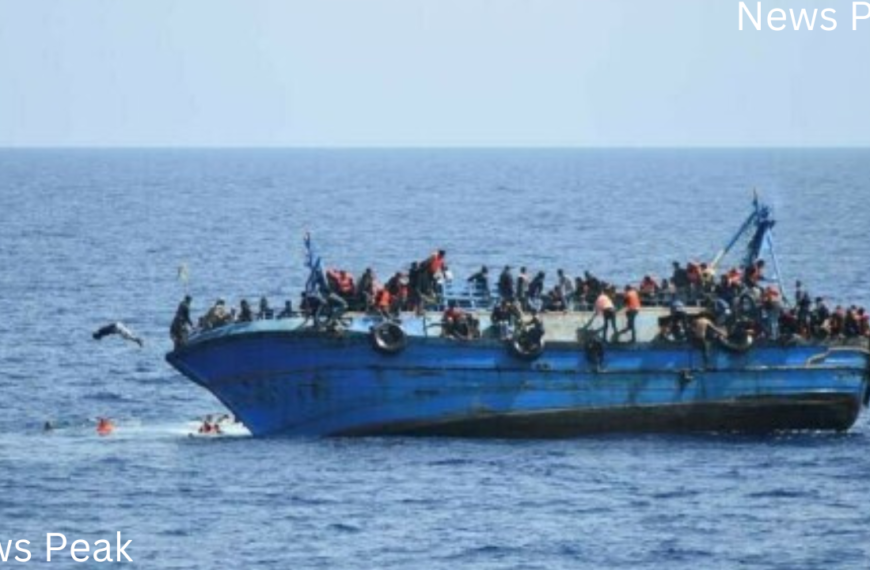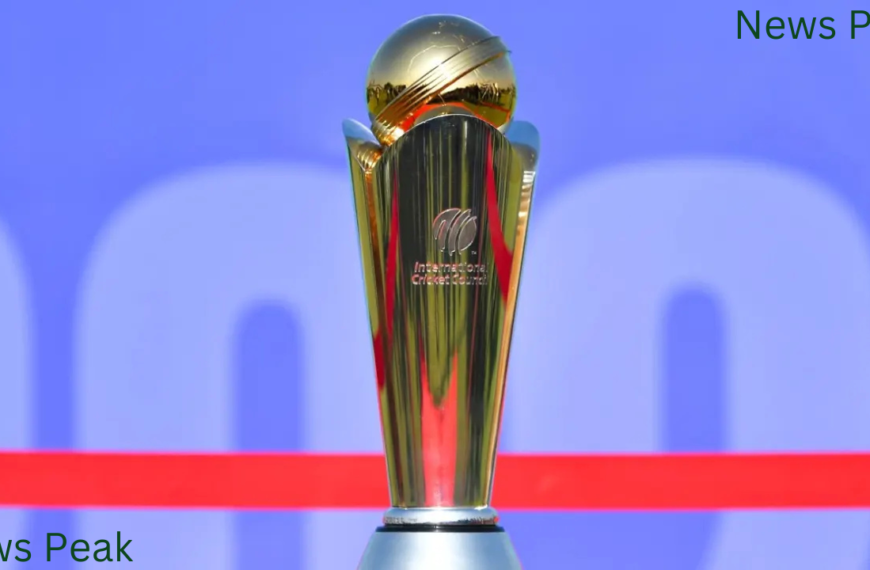
The ruthless machinations of authority, corrupt claims, and players who can inadvertently become kingmakers or king-breakers are at the heart of journalist Umber Khairi’s debut novel, Akbar in Wonderland.
PROLOGUE Karachi 1991
He parked his automobile where he was directed to and waited.
Someone will come get you, he was informed. The voice on the phone was deep and carried a sense of power. It sounded like the voice of a man who was used to issuing demands and having them obeyed.
The voice said, “And you won’t tell anyone about this meeting, do you understand? I need to be careful. I’m taking a huge risk by meeting you, and even speaking with you on the phone.”
The minutes passed by.
It was already lunchtime, and despite having the air conditioning on, the automobile was scorching. He looked around to see if he could identify somebody who could be his source.
He was parked in a congested area of a popular shopping street, with a lot of people and cars surrounding. He had been given precise instructions to park outside the juice business at the big traffic intersection and wait. He was here now, waiting.
He observed the flies swarming over the mounds of oranges and sugarcane on display at the front of the juice shop, wondering if the source had changed their mind and if this would be a no-show. But just then, he was startled by a loud rap on the window behind him.
The ruthless machinations of power, corruption claims, and players who can unintentionally become kingmakers or king-breakers are at the heart of journalist Umber Khairi’s debut novel, Akbar in Wonderland. Its protagonist, Akbar Hussain, is a young journalist in 1990s Karachi who learns how narratives may be twisted and criticism silenced. Eos exclusively shares an excerpt from the book, newly published by Moringa Books.
The man standing by the back door gestured impatiently for him to unlock the door. He paused. Then he pulled down his window, turned to face the man, and asked, ‘Yes?’
“Open the door quickly, please. Rasheed Sahab said to take you to him,” was the gruff and annoyed response, so he reached awkwardly behind him and pulled the lock up. The man got in
the back of the compact automobile and leaned across to unlock the front passenger door, another man immediately entered the vehicle.
The man in the front passenger seat looked across at him and said, “Drive out of here. Go to the left and then turn left at the traffic light.
He pulled out of the market area and drove, eagerness and excitement building inside him. As he maneuvered his automobile left at the traffic signal, he spotted the man seated next to him holding a revolver discretely at his lap. It was pointing in his direction.
Below or OVER?
His uncle had just asked him a question regarding toilet paper.
“What?” Akbar said, jolted out of his thoughts over his colleague Zed’s caustic words in the newsroom the other day. Zed had commented that a particular story in their newspaper, The Star, was about as worthless as used toilet paper. Toilet paper? What on earth was his uncle talking about? God, he needed a cigarette.
“We’re trying to figure out if there’s a link between a personality type and how people place toilet paper on holders,” Akbar’s uncle said, clearly annoyed by his nephew’s lack of attention. “Do type.” A personality place rolls with toilet paper on top? Or does their specific logic require positioning it such that.
Uncle placed his hand firmly on Akbar’s shoulder and leaned forward, eager to hear what his nephew had to say. But Akbar had nothing to say; he found his uncle exceedingly exhausting, and all of his discourse seemed senseless. He was attempting to think of a good response when, fortunately, he was spared by the sound of his mother’s authoritative pronouncement that lunch was served, “Khaana lag gaya—chalo!”
Akbar led his uncle to the dining room, handed him a plate, and then retreated to the rear yard for a quick smoke. He definitely needed the cigarette. He’d spent the last few hours with the extended family, who had gathered for the customary Eid feast. There were numerous cousins.
Akbar’s mother believed his eccentric uncle, who was visiting from the US, was a genius, despite the world’s lack of recognition. His uncle’s intensity, weird notions, and more bizarre study.
Of course, there were the aunts. They all spoke loudly and simultaneously. Today, they were doing their normal thing: offering unwanted advice and making intrusive remarks. They had advised him, as they often did, that he needed to hurry up and get married.
They also informed him what he should write about and how. Akbar was the journalist; he worked for a national newspaper, writing and editing for a living.
As Akbar stood in the shade of the veranda, he noted that, despite the water constraints and blistering heat, the small rear garden looked very nice. The grass was green(ish), and the plants and flowers in the row of flowerpots down the side appeared to be flourishing. The bougainvillaea cascaded over the flaking paint of the wall, bursting into pink and orange bunches. A coating of dust dimmed the bright colours of the flowers and leaves. Everywhere in Karachi looked to be covered in dust.
It was hot on the balcony, the normal damp heat of Karachi. The daylight was almost blinding when it met your eyes, and the heat seemed to








